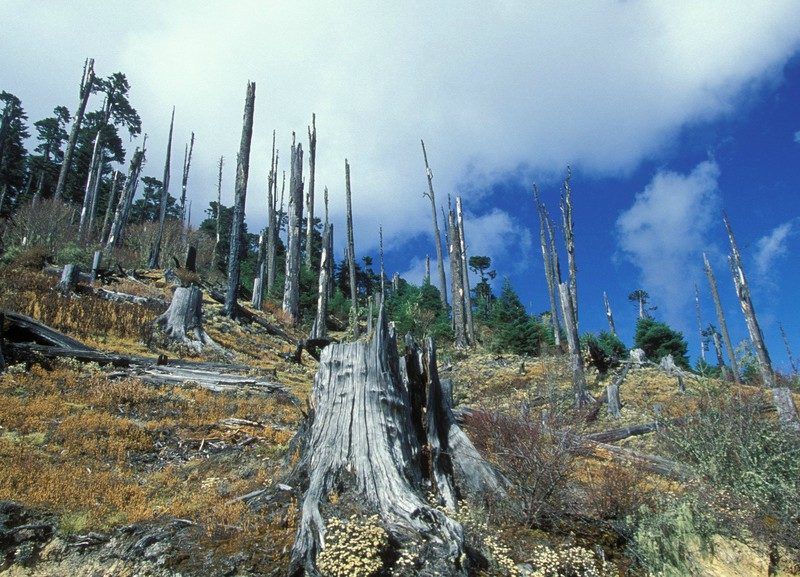In what is considered to be a major move, the European Union has become the first international body to criminalise wide-scale environmental damage “comparable to ecocide”.
Lawmakers agreed an update to the bloc’s environmental crime directive punishing the most serious cases of ecosystem destruction, including habitat loss and illegal logging, with tougher penalties, late on Thursday.
In his reaction, Marie Toussaint, who is a French lawyer and MEP heading EU efforts to criminalise ecocide, said that the decision “marks the end of impunity for environmental criminals” and could usher in a new age of environmental litigation in Europe.
The environmental crime directive will be formally passed in the spring, and member states will then have two years to put it into national law. Although the agreed text does not itself include the word “ecocide”, its preamble says it intends to criminalise “cases comparable to ecocide”. These are actions that cause widespread, substantial and irreversible or long-lasting damage to large or important ecosystems, habitats or the quality of air, soil or water.
Read also: UK govt weakens energy efficiency targets for farmers
According to report, the latest development closely follows a definition of ecocide developed by an international panel of legal experts in 2021. The definition was mainly intended to be adopted by the international criminal court through an amendment to the Rome statute – the key goal of the Stop Ecocide Foundation – but is now increasingly being used for national-level legislation. Scotland, for example, recently began consulting on whether to introduce the UK’s first ecocide law.
EU’s revised law specifies which kinds of environmental activities are covered. These include water abstraction, ship recycling and pollution, the introduction and spread of invasive alien species, and ozone destruction. But it does not say anything about fishing, the export of toxic waste to developing countries or carbon market fraud.
Having a permit to carry out listed activities will not automatically be an excuse, the law provides and individuals and companies will have committed a crime if that authorisation was obtained fraudulently or by corruption, extortion or coercion, or if it breaches substantive legal requirements.
Story was adapted from the Guardian.
